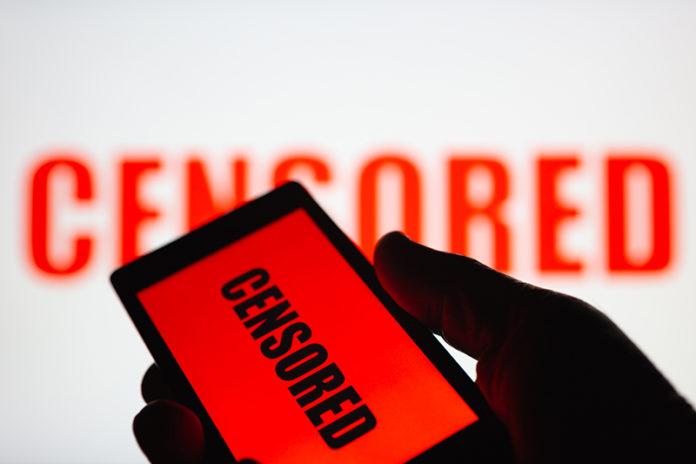When whistleblowers tried to expose conditions in a Saudi women’s prison and advocate for human rights reforms, Twitter suspended their accounts. That’s the kind of problem Elon Musk can solve.
The Tesla CEO offered $43 billion to buy Twitter’s stock and take the company private last week, writing that he believes in the social media company’s potential “to be the platform for free speech around the globe.” While Musk has plenty of supporters, an outsize share of American pundits regard his overtures with skepticism.
By Easter weekend, dismissive hot takes and ponderous thinkpieces flooded the internet.
Musk doesn’t understand content moderation, the naysayers argue, and a free speech-friendly Twitter would embolden bigots, spread misinformation and foment a digital dystopia. Writing for The Guardian, former U.S. labor secretary Robert Reich suggested Musk’s malign influence might even erode democracy.
Such shrill alarmism from latter-day Chicken Littles doesn’t merit a response. It’s the thoughtful writers capable of nuanced critiques who really disappoint, betraying their failure of imagination and parochial view by centering the debate on conservative claims that Twitter shows favoritism to the political left.
Tweaking the terms of service and rewriting moderation algorithms would certainly show up on Musk’s to-do list, and perhaps some American right-wingers banished from the bird app for breaking its rules would see their access restored. Those changes pale in comparison to the worldwide impact of a communication channel that follows Musk’s “free speech absolutist” philosophy.
Like other U.S. tech titans, Twitter cooperates with government censors in the foreign countries where it does business. It’s in bed with repressive regimes that imprison people for criticizing heads of state or challenging the state-sanctioned religion. That’s a problem several orders of magnitude greater than how much latitude U.S. users have to spout conspiracy theories or badger their political rivals.
The human rights organization Freedom House documents the Saudi prison reform advocates’ account suspensions in its Freedom on the Net 2021 report, which assigns Saudi Arabia an abysmal 24-out-of-100 score for online free expression.
“Saudi dissidents and political activists who post content critical of the Saudi government from outside the country have reported incidents where platforms like Facebook and Twitter have removed content or blocked access to their accounts,” the Freedom House report states.
Surely, it’s just a coincidence that Prince Alwaleed bin Talal is a major Twitter shareholder, and that he wasted no time in publicly opposing Musk’s offer. In a canny retort, Musk asked bin Talal to describe the kingdom’s view on journalistic free speech.
Jamal Khashoggi’s permanent silence is the only answer we need.
The most brazen authoritarians and theocrats abuse their cozy relationship with social media executives to flag content far outside their jurisdictions. In December 2018, Twitter emailed Toronto Sun columnist Anthony Furey to warn that his tweets broke Pakistan’s blasphemy laws.
Furey rebuffed the advisory, and fellow North American users might laugh off such impotent overreach from the safety of our shores. But if convicted of blasphemy, a Twitter user in Pakistan faces the death penalty.
In Silicon Valley, obliging propagandists and censors is regarded as a necessary trade-off in order to access foreign markets. If a company wants to operate an office in another country or maintain servers there, it must abide by the local laws.
What if a digital disruptor came along and shattered that conventional wisdom?
If anyone can find a workaround, it’s probably an American billionaire with a private space company at his disposal. When Russia invaded Ukraine and sought to disable internet access, Musk’s SpaceX launched satellites into orbit to provide its Starlink broadband service to the Ukrainian resistance.
Hewlett Packard Enterprise deployed the International Space Station’s first data center in February 2021. Keeping content out of authoritarians’ clutches might call for a server farm in outer space.
Infamous for its suppression of dissent, China currently blocks access to Twitter within its borders. Imagine if cutting-edge engineering could evade such terrestrial barriers and give 1.4 billion Chinese citizens access to a worldwide network of uncensored news and information.
Elon Musk is uniquely positioned to make Twitter a transformative tool that advances free expression around the globe. If that makes speculation about whether he’d reinstate @realDonaldTrump seem small-minded, well, it should.






























